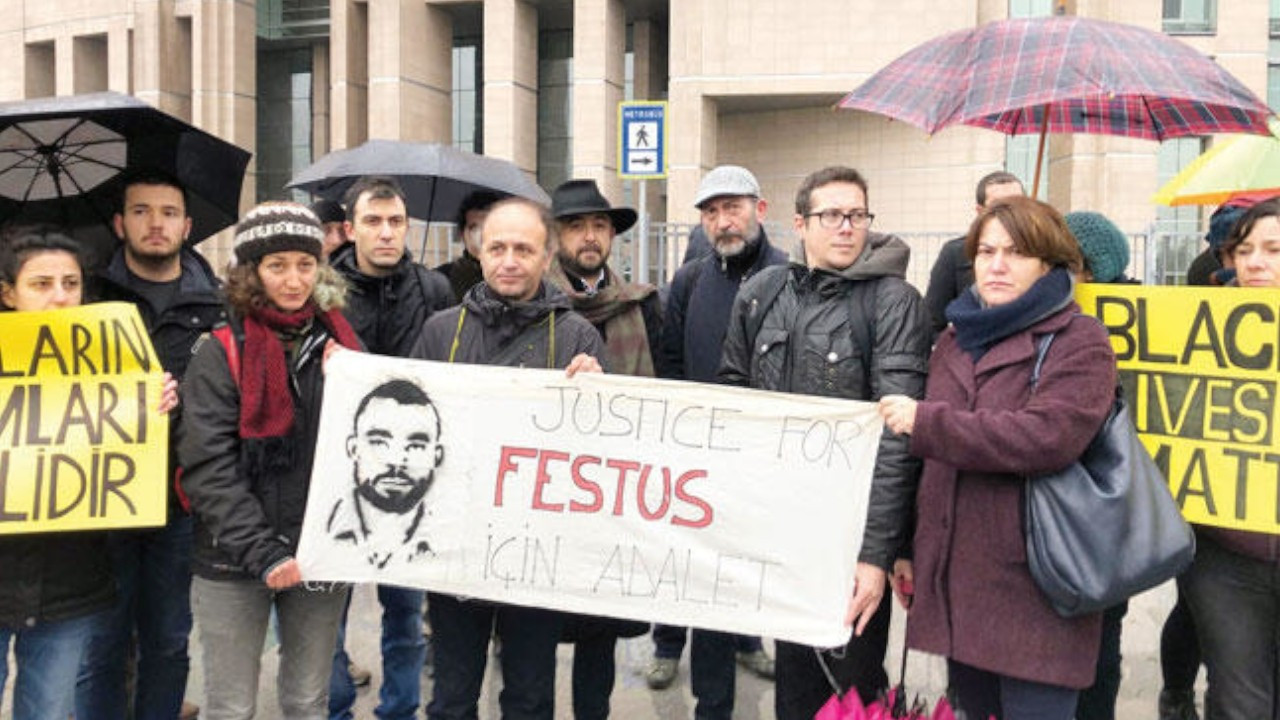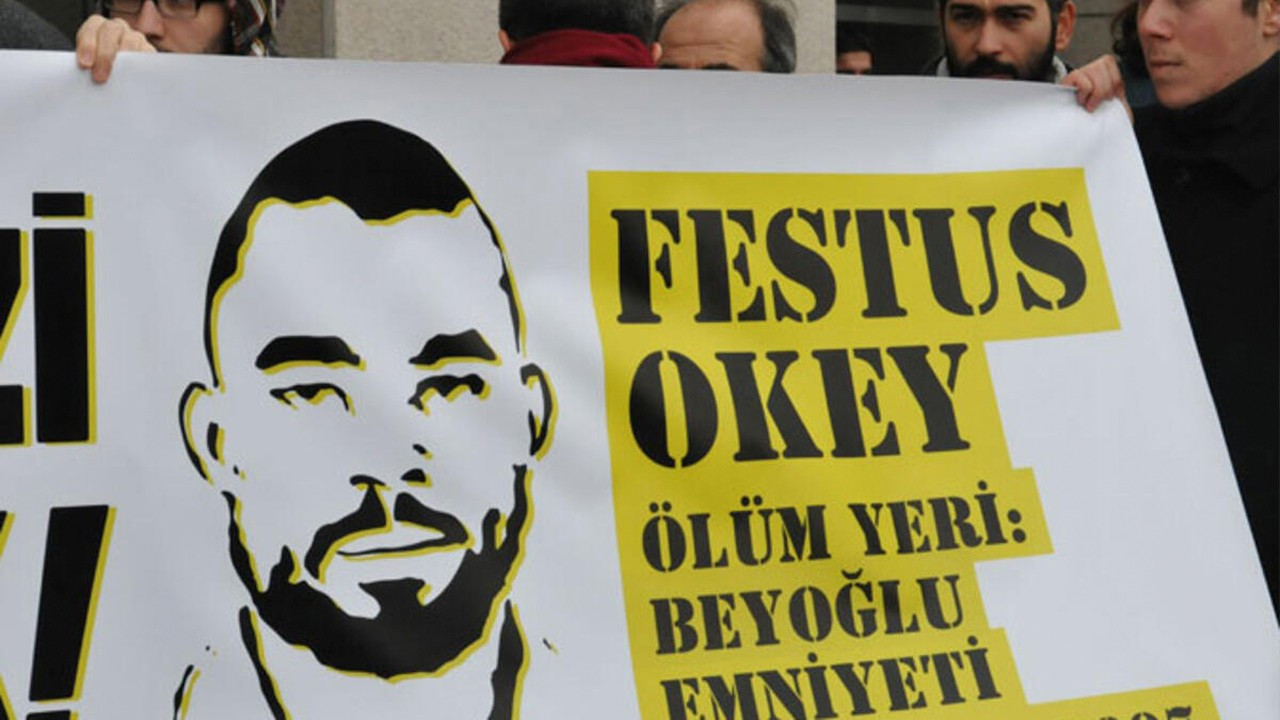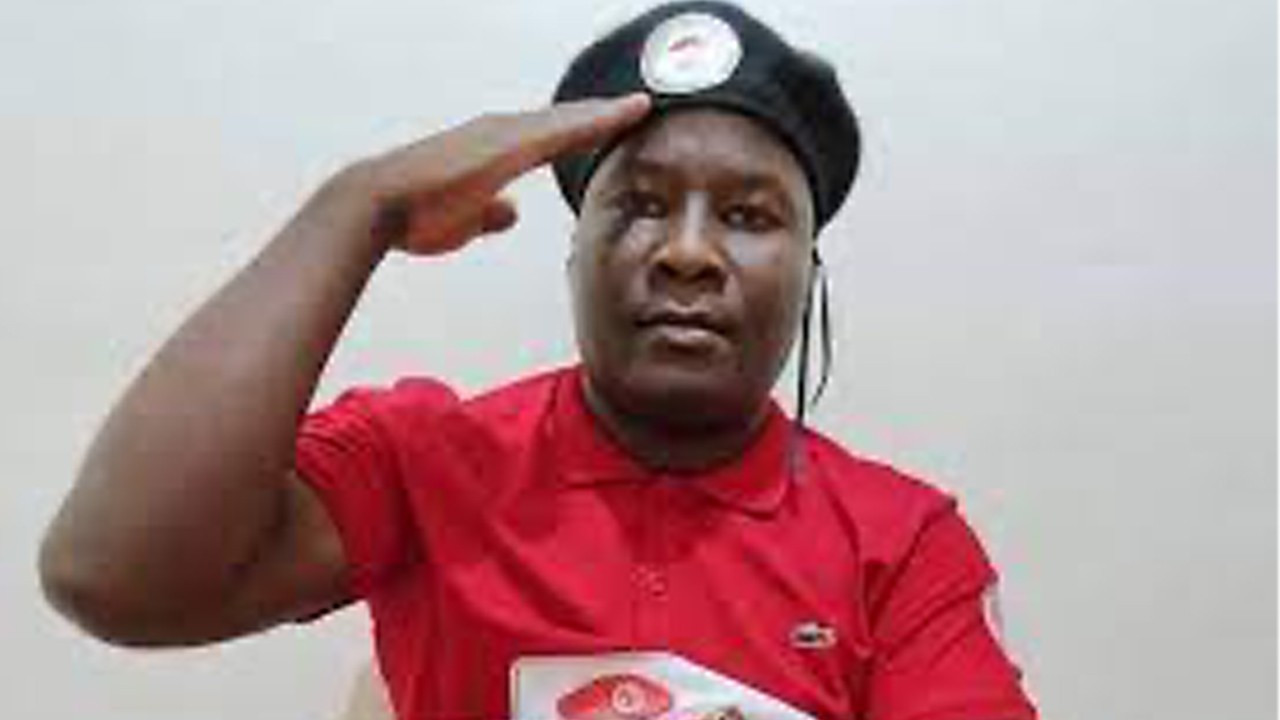Murder case of Togolese immigrant in Turkey remains unsolved
The murder case of Togolese immigrant Romeo Ekoka in Istanbul remains unsolved. Unable to get power of attorney from Ekoka’s family, lawyers are unable to start prosecuting the case and legal institutions have failed to hold his killer accountable.
Meral Candan /DUVAR
The murderer of Togolese immigrant Romeo Ekoka remains free over a month after his murder in Esenyurt and the legal system has failed to advance his case. Lawyers who want to work on the case are unable to get power of attorney from his family in Togo, and thus prosecution of the murderer has stalled.
Ekoka was killed on Sept. 7 in Istanbul. After buying a telephone from a reseller on Facebook, he realized the phone was not authentic, as advertised, and went to return it. After texting the seller numerous times for a refund without a response, he went to the shop where he knew the seller worked. When he tried to return the phone in person, an argument erupted and the salesman stabbed Ekoka in the chest. The salesman disappeared and Ekoka was taken to the hospital, where he died from his injuries.
Romeo’s death sparked uproar in Istanbul’s African immigrant community, who have long been the targets of racist attacks. Four days after Romeo’s death, members of the community gathered outside Esenyurt Necmi Kadıoğlu State Hospital, where Romeo died, to call for an end to the violence.
“We don’t want to lose one more person,” the mourners said.
Their primary demand was that Ekoka’s killer be caught and brought to justice. However, a month later, that justice remains out of reach. In Turkey, in order to prosecute a case, a proxy relationship, or power of attorney, needs to be established between a legal representative and the family of the person killed. After Romeo died, lawyers interested in the case reached out to his family to meet and be granted power of attorney when they came to Turkey to retrieve his body.
Lawyer Hakan Bozyurt says that when Ekoka’s brother came to Istanbul, they met and agreed to establish power of attorney the following day. However, for reasons still unknown to Bozyurt, Ekoka’s brother stopped answering his communications, took Romeo’s body, and left the country. As a result, Bozyurt and other interested legal representatives are unable to proceed with the case.
“Despite all our efforts, the proxy relationship could not be established and his brother took his body and left. Why this happened, believe me, we don't know either,” Bozyurt said.
Relatives can carry out legal communications from abroad, but Bozyurt has been unable to re-establish communication with Ekoka’s family. Without familial consent, the case will need to proceed as a public trial, which Bozyurt says could take years. In other words, his killer may remain free for years.
The lack of power of attorney is not the only obstacle the case faces: the primary witness in the case is at risk of deportation. If a lawsuit is filed, it is likely that the witness will be deported, says Bozyurt.
The murder and the failure to charge the killer are indicators of the injustice immigrants, particularly African immigrants, face in Turkey, Bozyurt says. With increasing racism towards immigrants and a legal system unwilling, or unable, to effectively address these hate crimes, many of those who carry out racist attacks experience total impunity.
Bozyurt says that legal institutions need to step in to ensure that Ekoka’s killers are brought to justice. While he cannot individually sign on to the case without Ekoka’s family’s consent, an institution like the Istanbul Bar Association can be a party to the case. Bozyurt suggests that the Refugee and Immigration Commission of the Bar Association or the Human Rights Commission take on the case.
“Recently, anti-immigrant and refugee opposition has been on the rise, and parallel to that, attacks have increased,” Bozyurt said, “The democratic public has to be more sensitive to these attacks.”
Ekoka immigrated to Turkey three years ago to provide for his wife and five-year-old son, who live in Togo. He lived in a house in Esenyurt with three friends and did small-scale trade between Turkey and his home country.

 Family of murdered Nigerian migrant demand effective investigation in lingering caseHuman Rights
Family of murdered Nigerian migrant demand effective investigation in lingering caseHuman Rights Nigerian man's right to life violated in murder by Turkish police, top court rulesHuman Rights
Nigerian man's right to life violated in murder by Turkish police, top court rulesHuman Rights Ugandan YouTuber missing since detention in Turkey one month agoHuman Rights
Ugandan YouTuber missing since detention in Turkey one month agoHuman Rights